Efforts in Chile, Europe illustrate new opportunities for environmental stewards and entrepreneurs
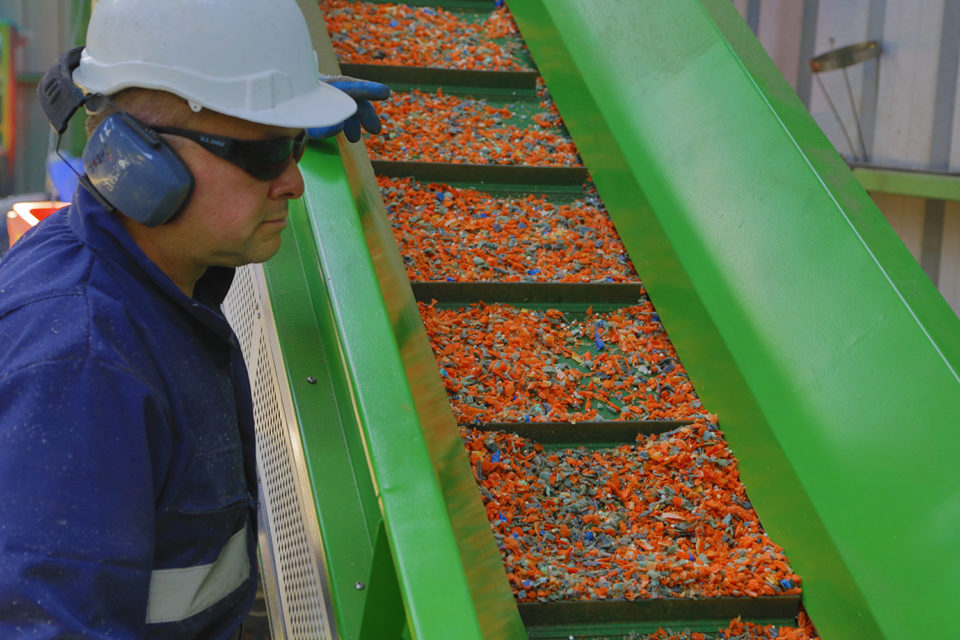
What’s old can sometimes become new again. Aquaculture, which uses a lot of plastics, is making new moves to add value to materials that were once discarded or left to collect dust. A Certified B Corporation is Chile is starting to turn heads by turning disused materials on salmon farms into new, useful products for multiple industries.
In June 2020, Chilean firm Greenspot, which recycles and reuses plastic waste from industrial sectors, created a boot bath mat made from worn-out buoys, floats and containers retired from active duty. Designed for farm and processing plant workers to sanitize their shoes, the mat has become a key product amidst the COVID-19 pandemic and a heightened awareness of sanitation needs.
Based in Puerto Montt, Greenspot’s main partnership is with the country’s salmon farmers, many of which have operations there. The three-year-old company’s focus is the circular economy, a model of production and consumption that works to ensure that products and materials are maintained in circulation for as long as possible, waste and resource use are minimized, and when a product reaches the end of its life, it’s repurposed. Launched in 2017, Greenspot’s first foray into manufacturing end-use products was part of a collaboration with salmon producer Blumar to create racks that move drums of water.
“I decided to establish a company that could take care of the good-quality plastic materials in salmon aquaculture that were just being stored,” Benjamin Gonzalez, Founder and CEO of Greenspot, told the Advocate. “The idea was to make new products. We began by creating 100 percent certified pellets and used those to make the foot-bath mat.”
Gonzalez said the primary driver of this venture is the response to COVID-19. “We realized that we’d not only have a product that’s important in the pandemic but also in aquaculture and other industries, such as pharmaceuticals. Mats like these already have a niche in the market and in aquaculture – for example, in hatcheries where you often have to sanitize your feet before entering.”
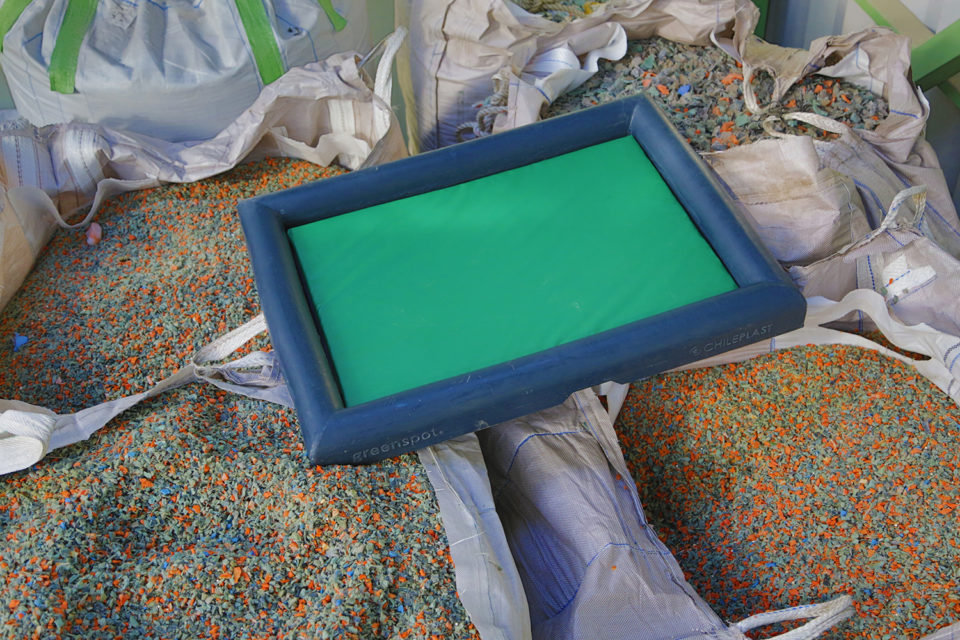
With sustainability and environmental protection becoming increasingly prominent in Chile, recycling firms like Greenspot are drawing attention. Salmon aquaculture, in particular, is keen to generate local solutions for local problems and for its waste to be put to use in beneficial ways. Working with a local company like Greenspot also enables those in aquaculture to see for themselves how their waste is being put to good use.
“The concepts of eco-design and life-cycle assessment are becoming more prominent here and companies are implementing different projects to address recycling challenges. There is plenty of room for us to generate more solutions,” said Gonzalez.
Chile needs to do more recycling, but the overall concept of a circular economy has advanced, explained Felipe Hormazabal, sustainability manager at Blumar: “We’re increasingly aware of our environmental impact and recycling is a fundamental tool to reduce it. There is still much to improve but sustainability as a fundamental pillar within our operations is an issue that we’ve internalized along with concern for the environment. Efficient waste management is a primary objective,” he said.
Meanwhile in Europe, Oihane Cabezas Basurko is a coordinator of the BlueNET project, which aims to create new life for abandoned, lost or discarded fishing and aquaculture gear in the Bay of Biscay. Despite gear deposit schemes at ports, few companies recycle their materials and there are limited plans to foster the recovery and recycling of gear locally, she said. Nevertheless, there is interest.
“Fishing and aquaculture here are keen to evolve toward a more circular future since customers of certain countries demand recycled gear, but more support is still needed,” she said. “The circular design of gear is complex and pilot projects are required to assess the performance of new products.”
According to Gonzalez, one key to recycling is establishing facilities in close proximity to the sources of waste generation. This reduces carbon dioxide generation, creates more local jobs and is a much more sustainable way of looking at entrepreneurship, he said.
“Aquaculture is the closest industry to where I live and it was the obvious choice when matching the flow of plastic and waste generation with recycling and location,” said Gonzalez. “It also has a lot of discarded items that can be recycled. We aren’t collecting waste and sending it to China or Malaysia. We’re generating local production and manufacturing right here in Puerto Montt. We’re contributing to slowing climate change and reducing CO2. But having said that, internationalization is important and as we get bigger, we would love to branch out.”
To address the challenge of high costs, Gonzalez said producers could help by cleaning the materials prior to collection. And he’ll need more companies to join the effort.
“The best way is to engage with them from the start in any new development,” Basurko of BlueNET said. “We’re currently testing recycled longline ropes for mussel culture at sea under real environmental conditions at a local site. Once we have the results, we’ll start engaging with different companies. Having a rope manufacturer as a partner is also pivotal to assess rope performance, meet market needs and reach potential customers.
“We also undertook an international survey where different stakeholders, including aquaculture producers, gear manufacturers, suppliers, recyclers and policy makers, were asked about aquaculture’s current contribution to marine litter and the recycling potential of discarded gear,” she added. “A total of 181 respondents participated. Aquaculture’s sustainability is a concern for producers and many believe that economic incentives are required to boost recycling schemes and promote recycled gear.”
Going forward, Gonzalez’s vision is to continue growing and closing the distance between waste generation and recycling, creating a positive impact in places where waste is produced.
“We have a specific knowhow that can be put to use anywhere,” he said. “In October 2020 we launched a compost bin made right here from recycled materials. There is a real niche for our kind of initiative and it’s a trend that’s here to stay.”
“Recyclability, the circular economy and concern for the environment are fundamental to a sustainable aquaculture operation, so it’s essential that companies like Greenspot continue working in integral solutions,” said Hormazabal of Blumar. “With their help, we can give a useful life to the plastics that we use.”
“We will see more companies working in this direction,” said Basurko. “New strategies are being implemented by the EU under the circular and sustainable blue economy umbrella, so efforts are underway to find solutions to a circular design of fishing and aquaculture gear. I think both will evolve into adopting this in future.”
(Editor’s note: Article was updated to reflect the correct name of the Blumar representative.)
Follow the Advocate on Twitter @GAA_Advocate
Now that you've reached the end of the article ...
… please consider supporting GSA’s mission to advance responsible seafood practices through education, advocacy and third-party assurances. The Advocate aims to document the evolution of responsible seafood practices and share the expansive knowledge of our vast network of contributors.
By becoming a Global Seafood Alliance member, you’re ensuring that all of the pre-competitive work we do through member benefits, resources and events can continue. Individual membership costs just $50 a year.
Not a GSA member? Join us.
Author
-
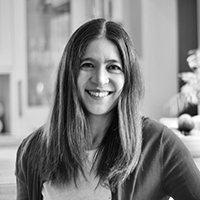
Bonnie Waycott
Correspondent Bonnie Waycott became interested in marine life after learning to snorkel on the Sea of Japan coast near her mother’s hometown. She specializes in aquaculture and fisheries with a particular focus on Japan and has a keen interest in Tohoku’s aquaculture recovery following the 2011 Great East Japan Earthquake and Tsunami. Follow her on Twitter @risingbubbles.
Tagged With
Related Posts
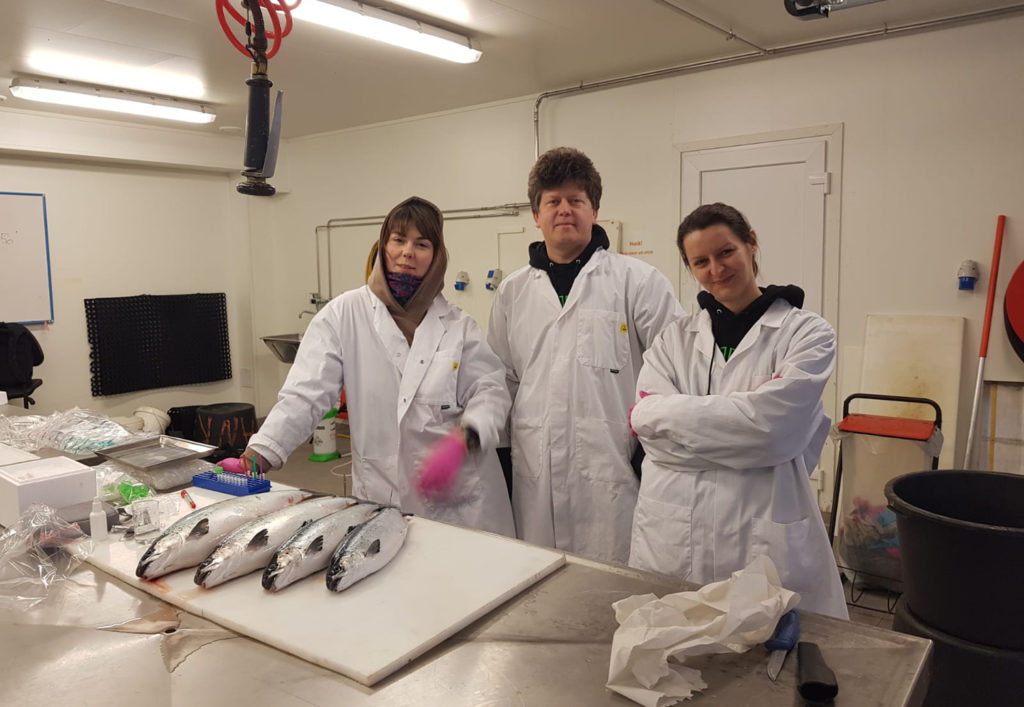
Health & Welfare
How can Norway defeat pancreatic disease in salmon? By detecting it faster.
Polish pathogen diagnostics group will soon launch a test system that can identify the costly pancreatic disease (and six others) in just 10 minutes.
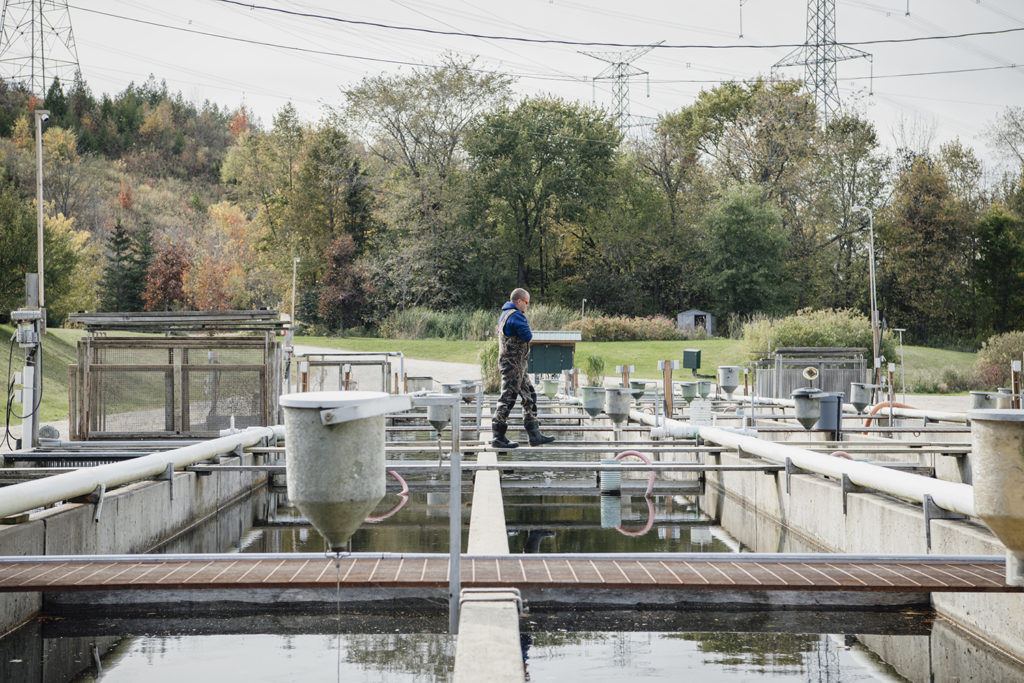
Innovation & Investment
Technology allowing aquaculture to do social distancing
Data tools and remotely operated feeding systems are just a couple ways aquaculture is accomplishing social distancing during the coronavirus pandemic.
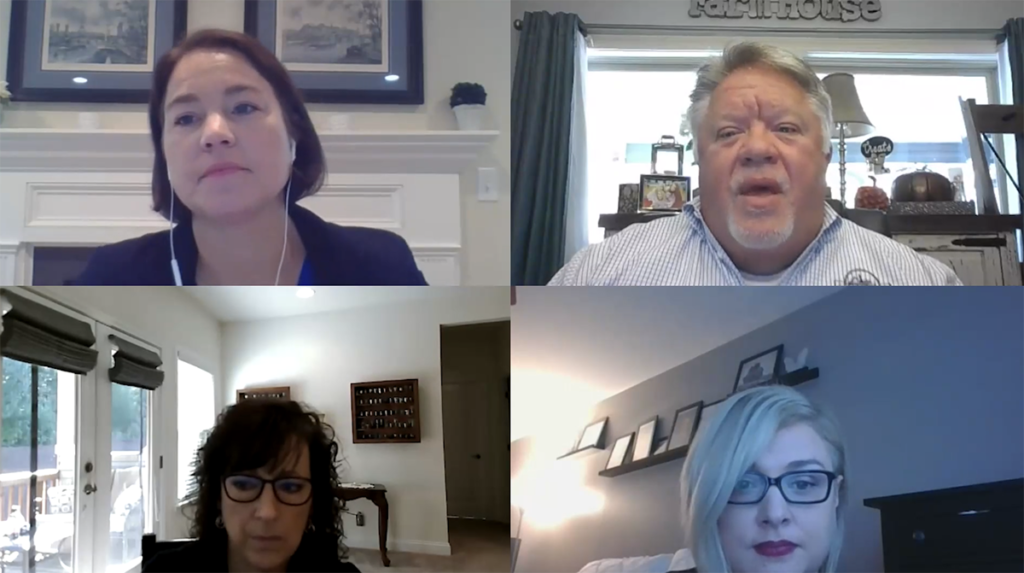
Intelligence
GOAL 2020: Seafood is on consumers’ plate and high on retailers’ agendas
With the retail and foodservice sectors working collaboratively, the seafood industry plugged crucial protein supply gaps and grew demand for fish.
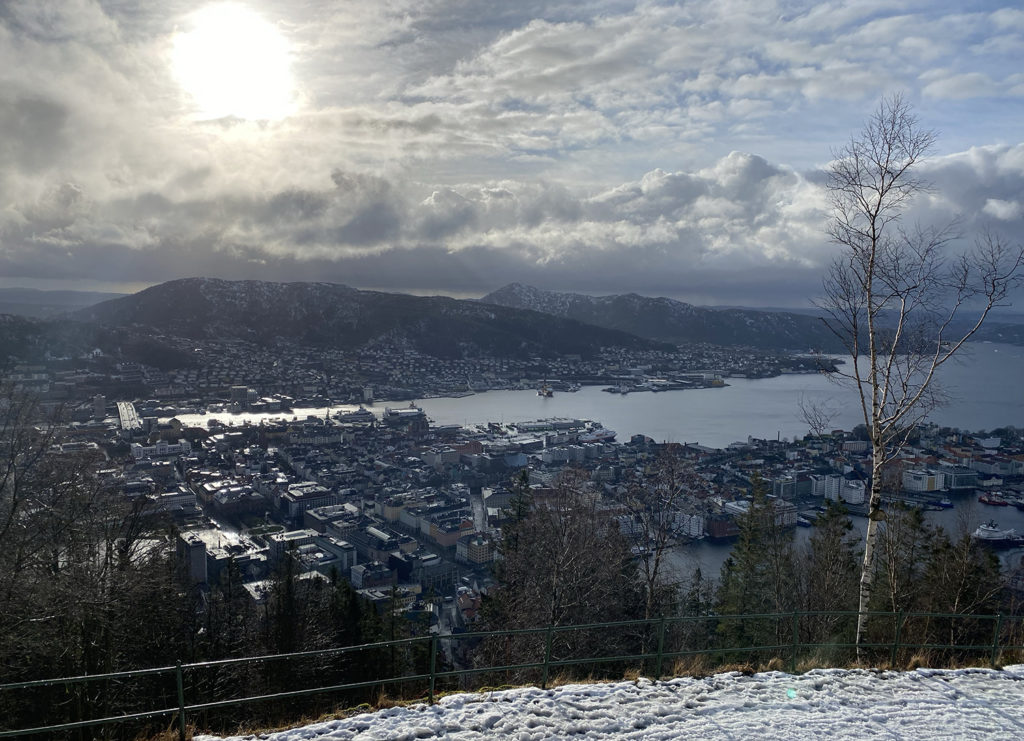
Intelligence
Notes from the 15th North Atlantic Seafood Forum
C-level seafood executives from around the world gathered at the North Atlantic Seafood Forum to discuss pressing issues facing fisheries and aquaculture.

